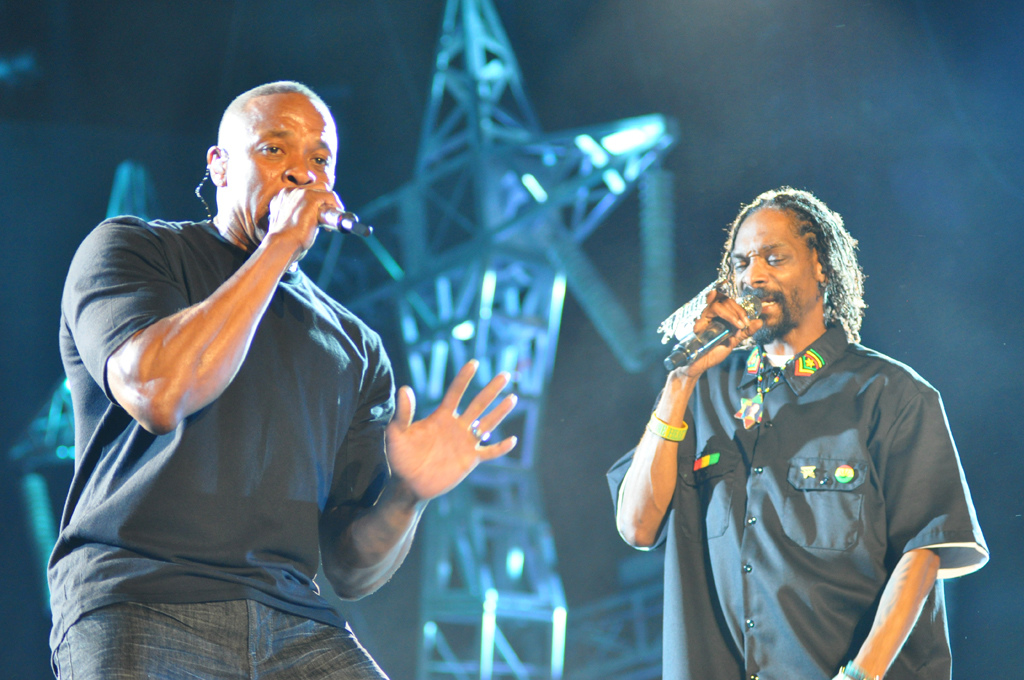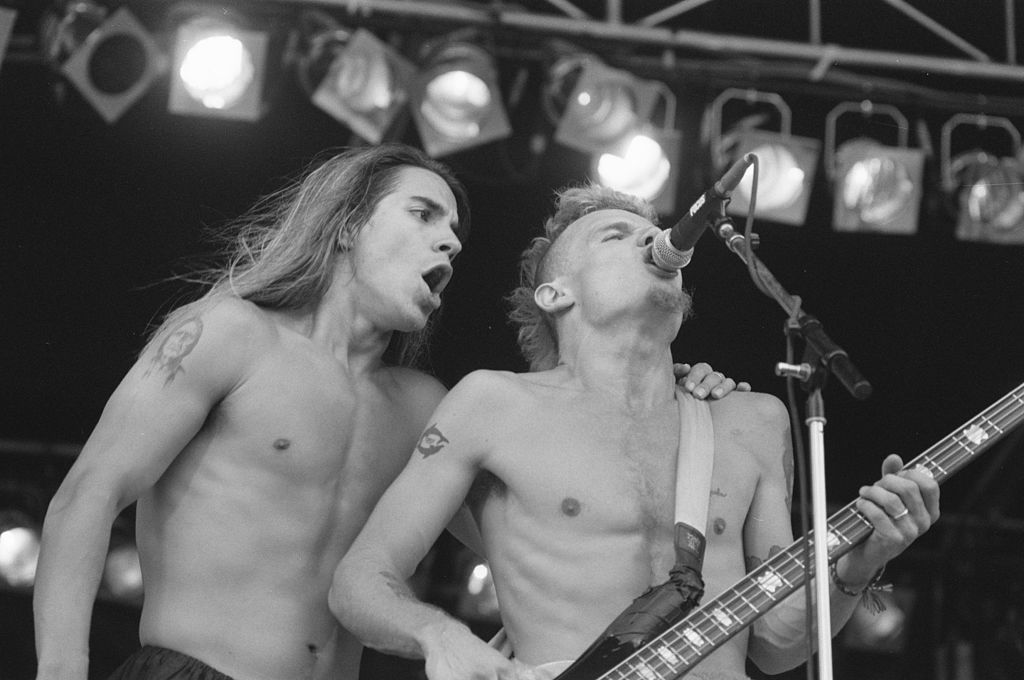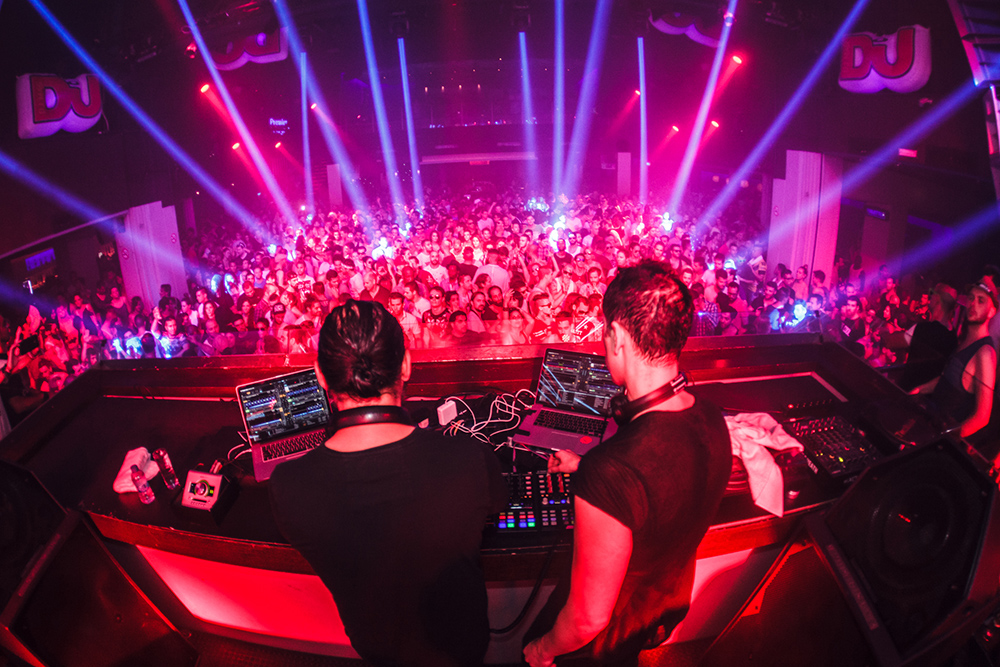
Conclusion
In conclusion, funk developed slowly from its beginnings in the R & B, jazz, gospel, and soul-inspired music of the 1960s to establish itself as an identifiable musical genre in the 1970s. The funk style had an enormous impact on African American music in the 1970s, bringing about significant changes in contemporary jazz, impacting the aesthetics of soul music, and laying the foundation for the popularity of disco and, later, hip-hop music. Funk has since become extremely popular around the world, with a far-reaching influence on contemporary dance music. The transformational stylistic process that created funk during these years is evident in the number of cross-influences between hip-hop, rock, and funk that have emerged since the 1990s. Popular rap acts such as Dr. Dre, Snoop Dog, and Digital Underground began to record with bands and eventually performed and toured with live musical backing. Prominent funk stars such as George Clinton and Roger Troutman of Zapp frequently performed with popular rap acts, and rock bands such as the Red Hot Chili Peppers, Anthrax, and later Kid Rock began to feature hip-hop styles and funk rhythms.
By 1990, Washington, DC's support for go-go had waned, reshaped by the controversy surrounding drugs and the problems with violence on the streets. Unfortunately, people placed music in the middle of this controversy. In addition, the disappointment related to Good to Go took its toll. Chuck Brown declined, while funk groups such as Experience Unlimited remained strong. The younger hip-hop-related bands-such as Backyard and the Huck-A-Bucks-continued to attract a crowd of young men and women who remained loyal followers despite the drug and street violence controversy.
Nonetheless, the number of clubs and record company releases has decreased since go-go music's heyday. The decrease in the number of clubs can be attributed to the rapidly changing real estate market, in which small clubs have been squeezed out because of higher rents or torn down to be replaced by large commercial development projects. The Internet has also affected the way that people consume recorded go-go music. It has been increasingly found online and on the compact discs of the small, local entrepreneurs.
As we've seen, go-go has remained entrenched in Washington, DC, as a vibrant form of Black popular music. It has attracted a cadre of hardcore fans ranging in age from their early teens to their fifties, including young people intent on keeping the culture alive.
Finally, the sound of disco emerged out of a wide range of danceable genres played by DJs in discotheques and less publicly, but perhaps more influentially, in private parties. The sound started to merge when a small number of independent labels began to record music specifically designed for the nascent dance market. Around the same time, the music industry recognized that club play could boost a record's commercial performance. The disco genre consolidated during 1974 and 1975 and featured a wide range of instrumental and vocal techniques around an up-tempo four-on-the-floor bass beat (which ran at approximately 120 beats per minute). Initially, disco's open-ended structure enabled it to develop in eclectic and unpredictable ways. Still, during 1977 and 1978, a deluge of gimmicky releases drew on the genre's simple, easily identifiable rhythmic foundation, and in so doing, undermined the credibility of the sound and contributed to its market collapse. The rise of disco-related genres such as "house" has led to a revival of interest in disco, especially in Europe, where house has enjoyed wider success. Yet disco is regularly associated with "bad taste," and hip-hop and rock commentators are often openly disdainful of the culture within the broader popular imagination.








